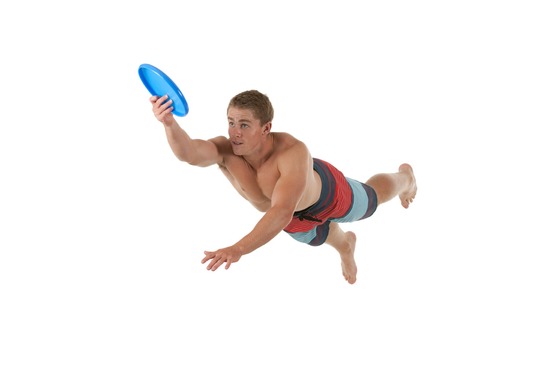
Frisbee
Where did that Frisbee come from?
The story involves 1950s college students playing catch with cake tins and pie pans - sometimes from the Frisbie Pie Company of New England.
There was already a plastic flying disk on the market called the Pluto Platter, and the students nicknamed it Frisbie. When Wham-O bought the rights to that plastic disk in 1957, they respelled the nickname and made it official.
Because Frisbee remains a trademark, the more earthbound generic term is flying disk.
Badminton Sets - Special $9.95 Frisbees, Set of 2 - Only $1.20
— (advt.) Battle Creek Enquirer (Battle Creek, MI), 5 Jun. 1959
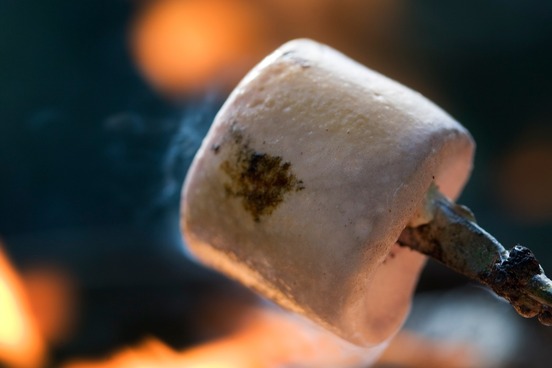
Marshmallow
A confection with an exotic past.
The marshmallow gets its name from the mallow plant that grows in marshes.
In ancient times, sap from the root of that plant was used to make medicinal syrup and ointment. Eventually, that same sap became a source of candy.
Today's supermarket marshmallow is untouched by root sap. It's made from corn syrup, gelatin, egg whites, and sugar.
When we developed fire, Fred says, and now the two hands are roasting marshmallows together, using these little sticks.
— Jodi Azzouni, Something is wrong with the food. Maybe with all of it, in Literary Review (Madison, WI), Fall 2019

Dandelion
Behold the dandelion, a lowly plant with a kingly name.
Does the yellow flower resemble a handsome mane? Do the sharply indented leaves suggest an accompanying bite?
For the French, they did.
Dandelion comes from dent de lion, which literally means "lion's tooth."
Stubborn plants like dandelions and dockweed also can be effectively killed by the application of pickle juice.
— Pacific Daily News (Agana Heights, Guam), 20 Jun. 2022
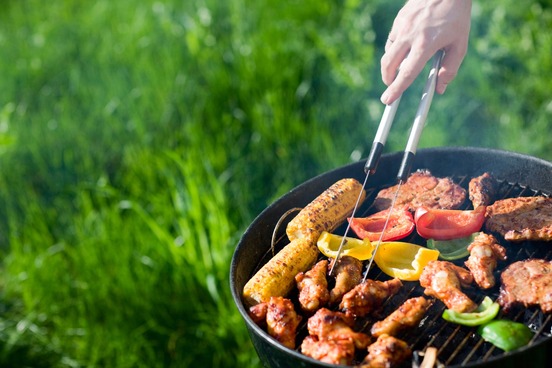
Barbecue
What exactly does barbecue mean?
In some parts of the country, such as Texas and Tennessee, your answer probably involves a method of slow-cooking with indirect heat. If you're a Northerner, you might just point to your backyard grill.
The word has different meanings, but a single origin.
When 17th-century Spanish explorers landed in the West Indies, they saw native people - the Arawakan - drying meat over a frame. The Arawakan called the wooden rack a barbacoa. The explorers borrowed the term.
Barbacoa soon came to name not only the frame but the process of cooking (not drying) meat. Now, of course, barbecue can name the cooking structure, the food, the cooking method, or the social occasion.
He was also, if we’re going to be truthful here, dangerous at a barbeque unless you liked your food well-charred.
— The Daily News Leader (Staunton, VA), 7 Aug. 2020

Dog Days
This term means "sultry, summer weather" and also "a period of stagnation or inactivity."
But it has nothing to do with pets.
Sirius (known as the Dog Star) seems to reappear in the skies in early July. Its rising coincides with the warmest time of the year in the northern hemisphere - thus, the dog days.
Dawn was best for running in the dog days, before the sun began its daily charbroil job and the ozone hit lung-scarring levels.
— Ben Fountain, Sewanee Review (Baltimore, MD), Fall 2017
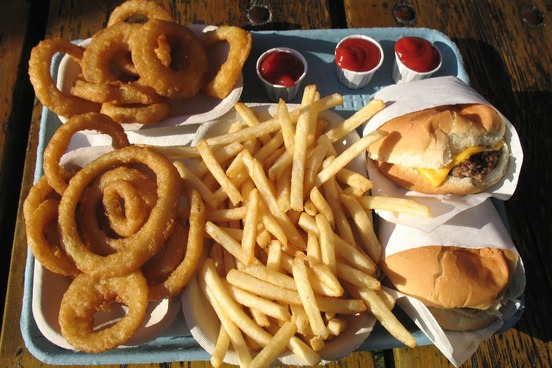
Ketchup
This all-American condiment started out as a spicy, fermented fish sauce in Malaysia.
That version, known as kěchap, made its way first to Europe and then to the New World, where tomatoes eventually became the defining ingredient.
Elsewhere, ketchup retains an earlier identity. Traditional English ketchup, for example, is a pureed seasoning based on mushrooms, unripe walnuts, or oysters.
What is your favorite childhood memory? When I went to Wrigley Field for the first time and I was so in love with the field that when I was staring at it I spilled ketchup all over my brand-new jersey.
— The Daily Gazette (Sterling, IL), 22 Feb. 2022

Solstice
Imagine an object, tossed in the air. When it reaches its peak, before coming down, it appears for an instant to stand still.
Now imagine the sun, rising in the sky over the course of the year, reaching its peak around June 22 (in the Northern hemisphere).
That day is the summer solstice, the longest day of the year. It gets its name from the ancient observation that the sun - like the tossed object - has reached the peak of its arc.
Solstice comes from a Latin word that means "sun standing still."
It appears in the same month as the summer solstice, the longest day of the year, in which we can enjoy around 16 hours and 38 minutes of daylight.
— Raven Saunt, the Telegraph (London, Eng.), 11 Jul. 2022

Picnic
When we dig into picnic, we find the word pick.
Picnic comes from the French pique-nique, which probably came from piquer, meaning "to pick or peck."
The original picnic, in 18th-century England, was more like what we'd call a potluck: all the attendees would bring a dish.
And the big difference? That shared meal wasn't necessarily eaten outdoors.
All that last year of school, when we would have our occasional lunches, and that one time you made me a picnic, I couldn't tell if you liked me or not, even as I knew I was falling so hopelessly in love with you.
— Debra Spark, Harvard Review (Cambridge, MA), 2022
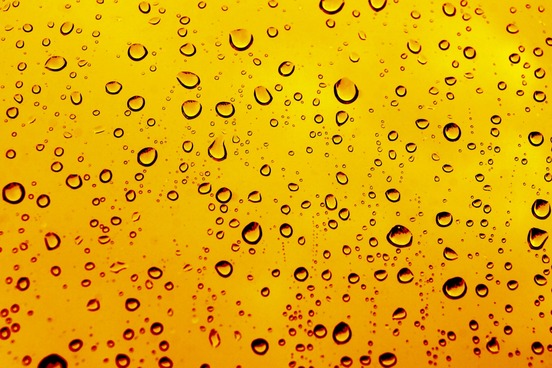
Perspiration
Do you perspire, or do you sweat?
Perspire derives from the Latin spirare, "to blow" - suggesting vapors released by the body. It emerged in the 1600s as a gentler alternative to the much older word sweat.
To some, perspire sounds more refined; to others, it seems a bit precious. As one London magazine reported in 1791,
It is well known that, for some time past, neither man, woman, nor child, in Great Britain or Ireland, of any rank or fashion, has been subject to that gross kind of exsudation which was formerly known by the name of sweat; and that now every mortal, except carters [and] coal-heavers... merely perspires.
— The Gentleman's Magazine, Volume 70, 1791

Vacation
Inside one cherished word, we find another: vacation's roots include the Latin vacatio, which means freedom.
Originally, vacation simply meant "a respite from something."
In the late 1800s, however, American English gave it the sense it enjoys today - "a break from regular work."
Before that, Americans used holiday (from holy day), as the British still do.
Morticia and Gomez are distraught that their children are growing up and skipping family dinners, so they decide to hit the road for one last miserable family vacation.
— The Atlanta Constitution, 29 Oct. 2021
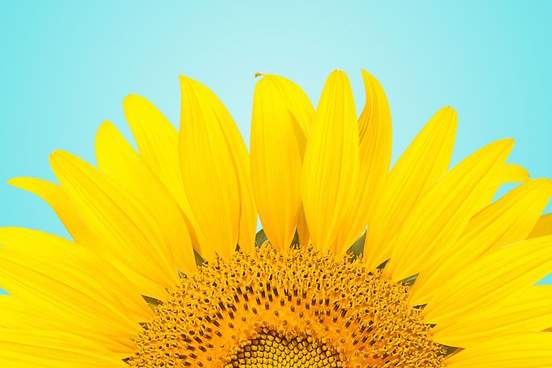
Quiz Time
Test your knowledge of words related to the season of longer days and vacations.
TAKE THE QUIZ!





